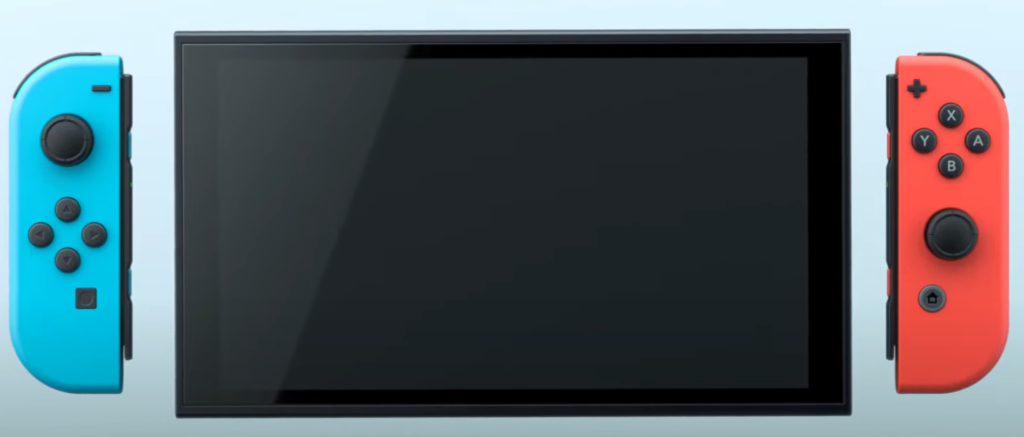Black Myth Wukong Redefines Gaming with Cultural Brilliance
Black Myth: Wukong captivates millions, merging stunning visuals and rich Chinese mythology to redefine the global gaming landscape.

Key Points
- Black Myth: Wukong
achieved historic success with over 10 million copies sold in just three days, breaking numerous gaming records.
- The game blends stunning visuals with rich Chinese mythology, showcasing local culture to a global audience and elevating China's gaming industry.
- Characters like Zhu Bajie
resonate deeply with players, highlighting the potential of storytelling in video games to captivate and engage audiences.
In a world where blockbuster video games often dominate the market, Black Myth: Wukong has emerged as a standout title, captivating millions. Released on August 20, 2024, this action role-playing game has achieved astonishing feats, briefly becoming the most played game on Steam with over 2.2 million concurrent players at launch. Within just three days, it sold an impressive 10 million copies across various platforms, including Steam and the Epic Games Store. Such success underscores not only the game's appeal but also its role in a wider cultural renaissance for Chinese gaming.
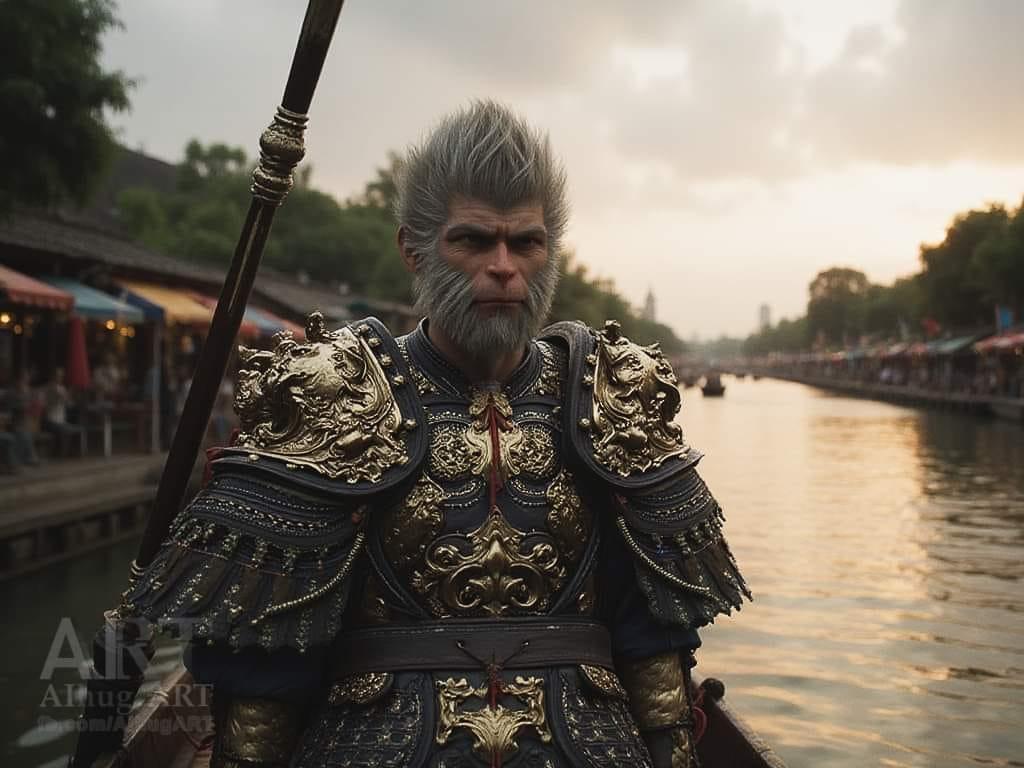
Breaking Records and Expectations
Black Myth: Wukong's rapid ascent to fame is remarkable, especially for a title developed by a relatively young studio, Game Science. According to reports, the game grossed approximately $8.7 million within its initial hours, potentially reaching up to $400 million in total revenue. This marks a significant milestone, as it positions Black Myth: Wukong as the highest-grossing video game produced in China.
Interestingly, the game has sparked substantial interest outside of China, particularly in regions like Europe and the United States. The allure of Black Myth: Wukong even encouraged young players to learn Chinese to fully appreciate its gameplay and narrative depth, showcasing how video games can serve as a cultural bridge.
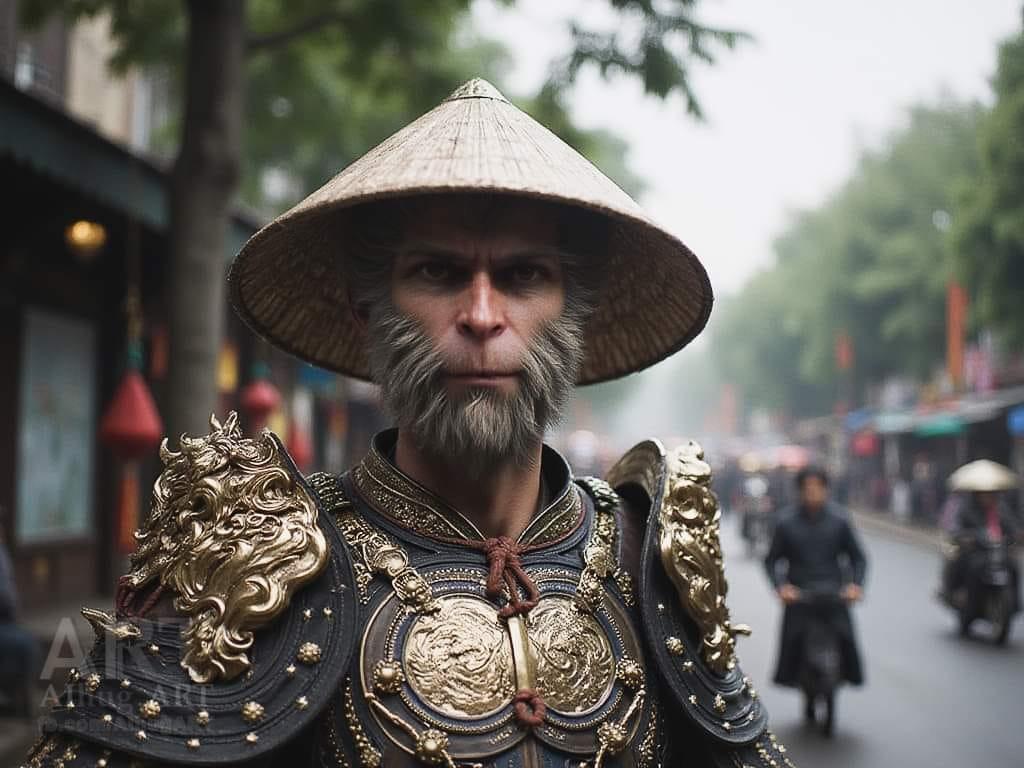
Bringing Chinese Mythology to the Forefront
At its core, Black Myth: Wukong draws inspiration from the classic Chinese novel,
. The game reimagines the adventures of
, the mythical Monkey King, who embarks on a quest filled with combat and exploration against stunning landscapes reflective of Chinese heritage. The developers have spent considerable effort to ensure that the visuals and storytelling resonate with traditional aesthetics, effectively merging engaging gameplay with rich cultural narratives.
The game's reception has not only showcased its technical prowess — which includes high-quality graphics and gameplay mechanics — but has also spurred a wave of enthusiasm for Chinese cultural themes in video games. This shift is notable as, historically, the gaming market in China has been dominated by Western titles. With Black Myth: Wukong, Chinese developers are reclaiming their narrative by crafting a product that celebrates their history and customs.
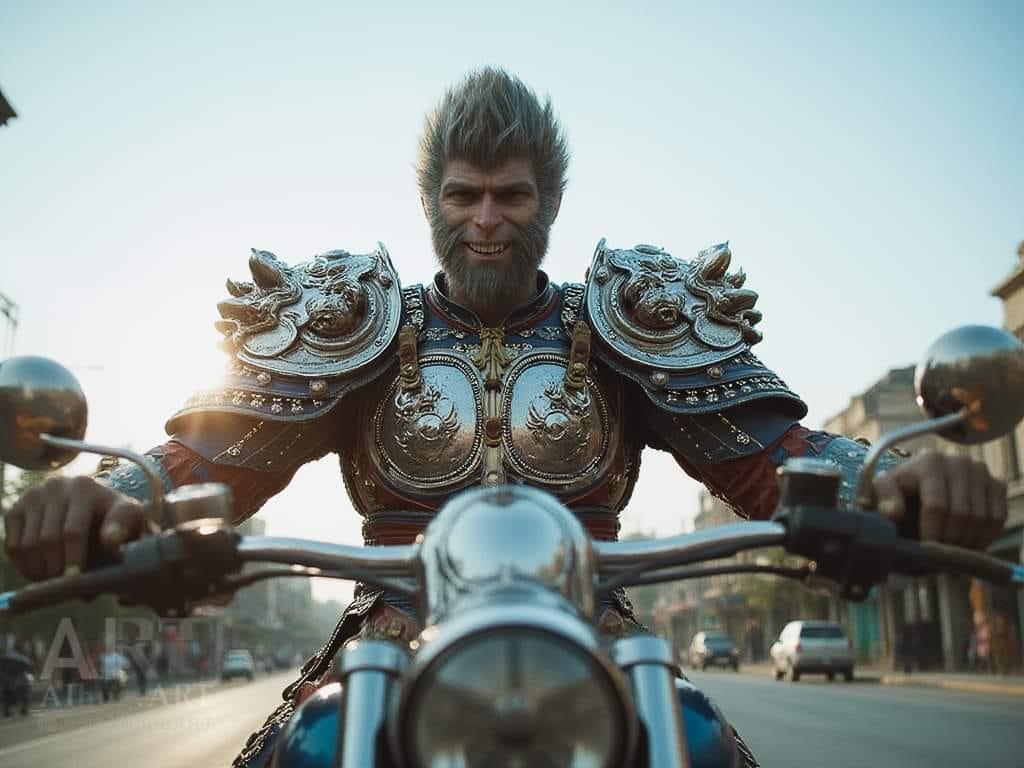
A Cultural Phenomenon
What sets Black Myth: Wukong apart is not only its gameplay but also the resonance it has within contemporary society. The game has ignited discussions on social media platforms like Weibo, with particular adoration directed towards characters like Zhu Bajie, known as Pigsy. His endearing design and relatable story have peaked viewers' interest and have influenced gaming culture in China, demonstrating the effectiveness of engaging character development alongside traditional tales.
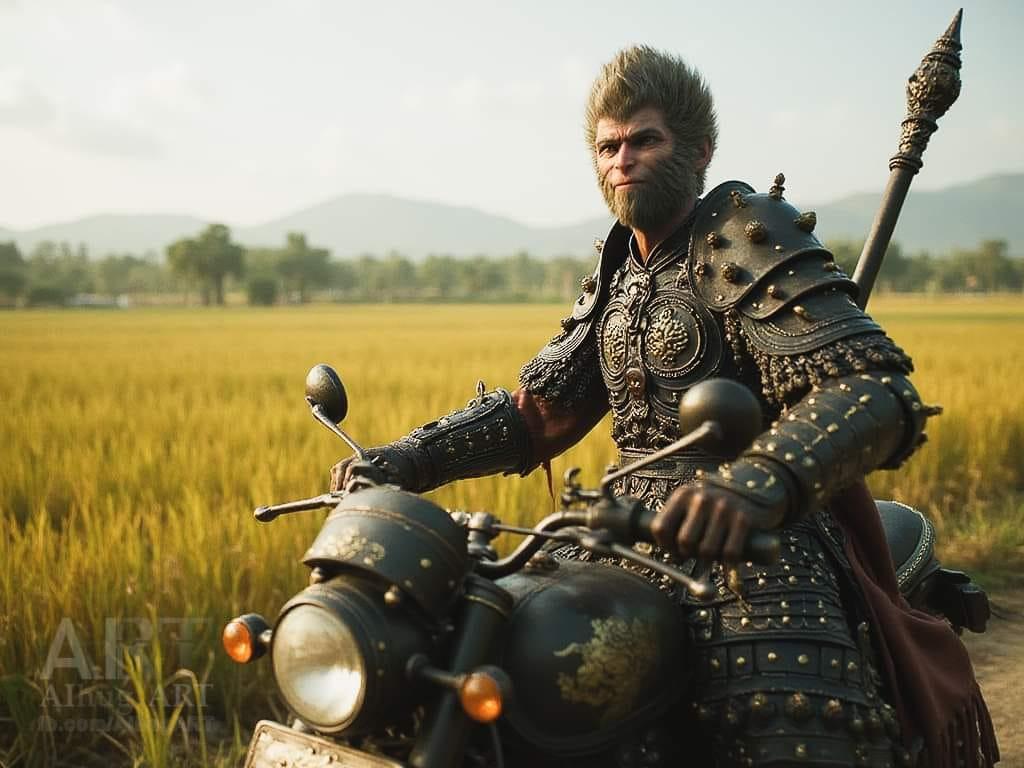
Implications for the Future of Gaming in China
The massive success of Black Myth: Wukong indicates a significant shift in the Chinese gaming industry. As the world's largest market for video gaming, China is proving it can stand shoulder to shoulder with Western titles traditionally regarded as the benchmark. This not only signifies the emergence of local talent but also reflects a burgeoning interest in content that prioritizes cultural storytelling.
This new wave of games may inspire more developers to harness traditional narratives, employing them in creative formats that appeal to global audiences. Moreover, as gaming continues to integrate with elements of education and cultural exchange, Black Myth: Wukong may be remembered as a pioneering title that redefined perceptions of Chinese games on the global stage.

As the dust settles on the initial frenzy surrounding Black Myth: Wukong, one thing is clear: the game has not merely broken records but has set a new standard for what can be achieved in the realm of video gaming. With its blend of rich storytelling, cultural homage, and outstanding gameplay, it heralds the dawn of a new era for not just Chinese game development but also for global gaming culture.
